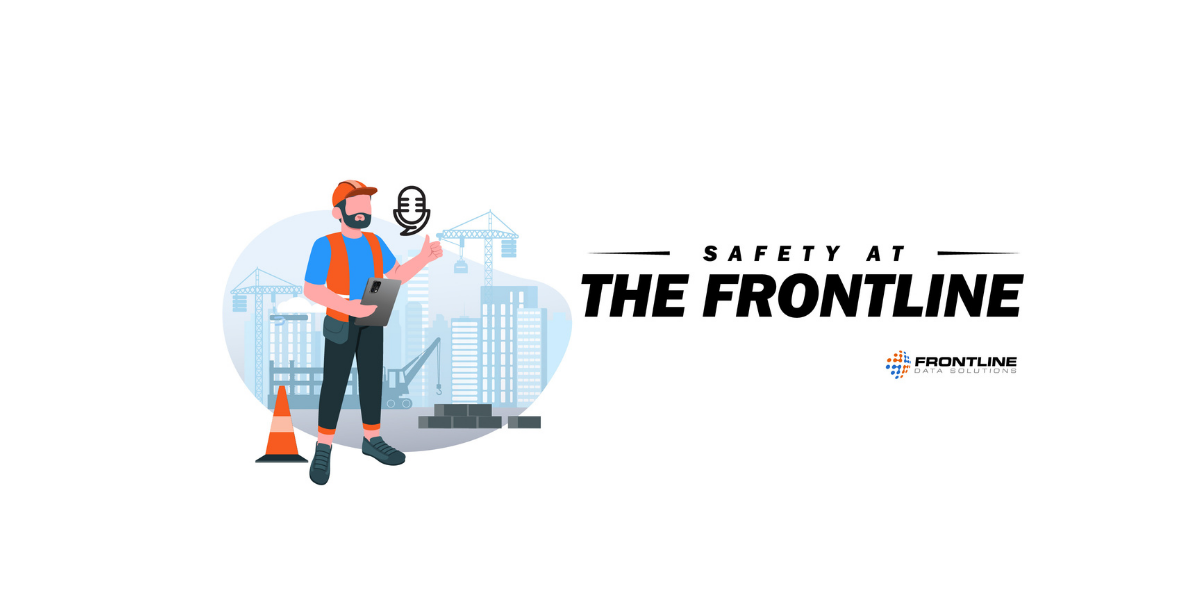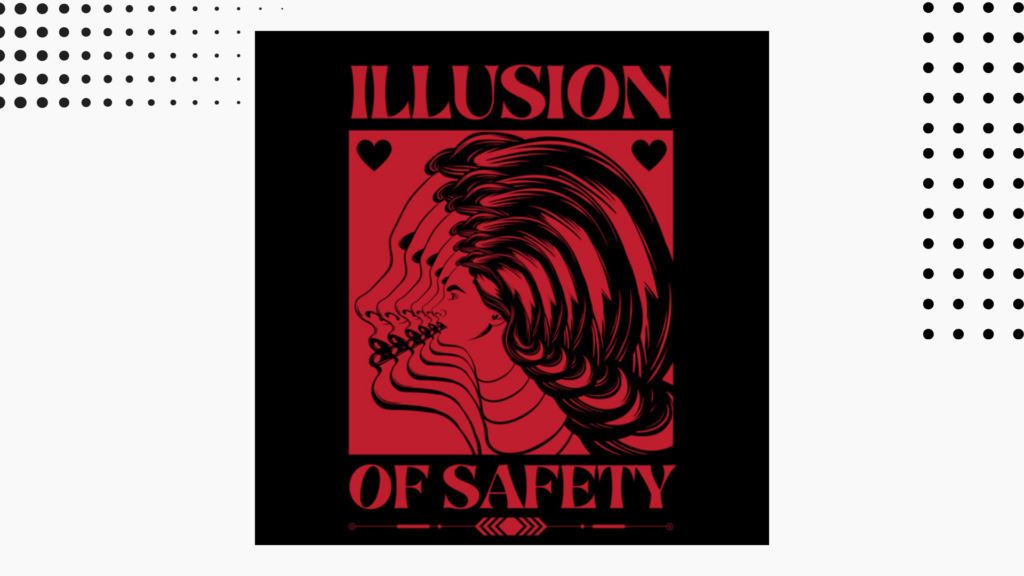What’s going on in EHS this week? Find out with Safety at the Frontline!
Tune in on Mondays to get the latest safety news with Frontline’s podcast. We’re covering the top EHS news, along with some quick and useful tips, so you can stay safe and keep rocking on the frontlines.
California prohibits discrimination against off-duty marijuana use
A recent bill in California prohibits employers from discriminating against employees who use marijuana off-duty. According to the new law, employers can only act against employees who are impaired in the workplace. Because tests can’t determine if a marijuana user’s brain function was impaired before or on the job, employers can no longer rely on them to settle the cause of a workplace accident. Saliva tests can narrow the timeframe to about 24 hours, but it is being said that proving impairment will make life difficult for employers.
FSIS proposes a regulatory framework for Salmonella in poultry
Onto the next news, in an attempt to reduce foodborne illnesses, USDA’s Food Safety Inspection Service released a proposed regulatory framework for a new strategy to control Salmonella contamination in poultry products. The proposed framework relies on months of gathering data with stakeholders, researchers, and scientists. The framework consists of three key components:
- Requiring that incoming flocks be tested for Salmonella before entering an establishment;
- Enhancing establishment process control monitoring and FSIS verification; and
- Implementing an enforceable final product standard.
Bill Marler, a Seattle food safety attorney said that “This is the first public-facing document he’s seen in more than 30 years that FSIS has put out there showing that they understand there is a problem.”
Director of food policy at Consumer Reports, Brian Ronholm adds that “Salmonella contamination is all too common in poultry and poses a potentially deadly risk to consumers. It’s critical for the USDA to work expeditiously to adopt aggressive goals to sharply reduce salmonella contamination and focus its efforts on reducing the strains that pose the biggest threat to human health.”
Refineries in Washington required advanced safety training
In the state of Washington, refinery workers in high-hazard facilities are now required to undergo 20 hours of approved advanced safety training under a new rule from the state’s Department of Labor & Industries.
The rule applies to owners and operators of petroleum refining or petrochemical manufacturing facilities who contract for construction, alteration, demolition, installation, repair, and maintenance work. The training must be conducted by a “competent instructor” who has “demonstrated satisfactory performance in the occupation for a minimum of three years.”
Don’t forget to subscribe to our podcast for more EHS updates, and in the meantime stay safe and stay tuned for next week.






